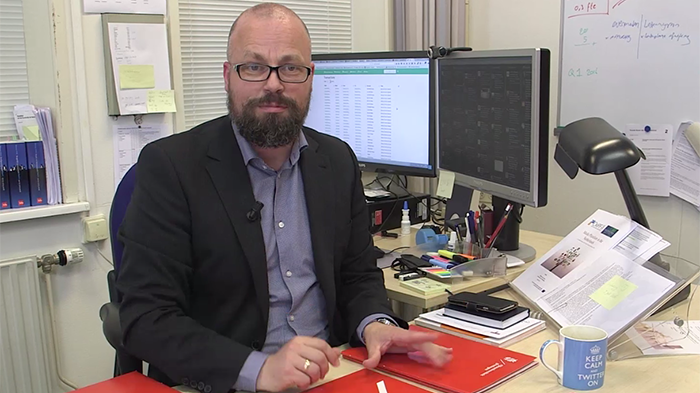Werken aan het recht van de toekomst
24 augustus 2016
Het gebruik van elektronisch geld, zoals de Bitcoin, verandert de manier waarop we zaken doen. Een bank of notaris zijn niet langer noodzakelijk. Dat komt door de technologie erachter: de Blockchain, een soort van grote online database waar alle transacties worden geadministreerd. Maar wat zijn de eigenlijk de juridische gevolgen? Mathieu Paapst doet onderzoek naar de juridische gevolgen van grootschalige IT-toepassingen in ons leven. Hij denkt na over de wetten van de toekomst.
Meer informatie
-
Video over de werking van de blockchain

Werken aan het recht van de toekomst
Laatst gewijzigd:10 juni 2025 11:02
Meer nieuws
-
08 december 2025
Kleurrijke Kopstukken: Bert Röling
